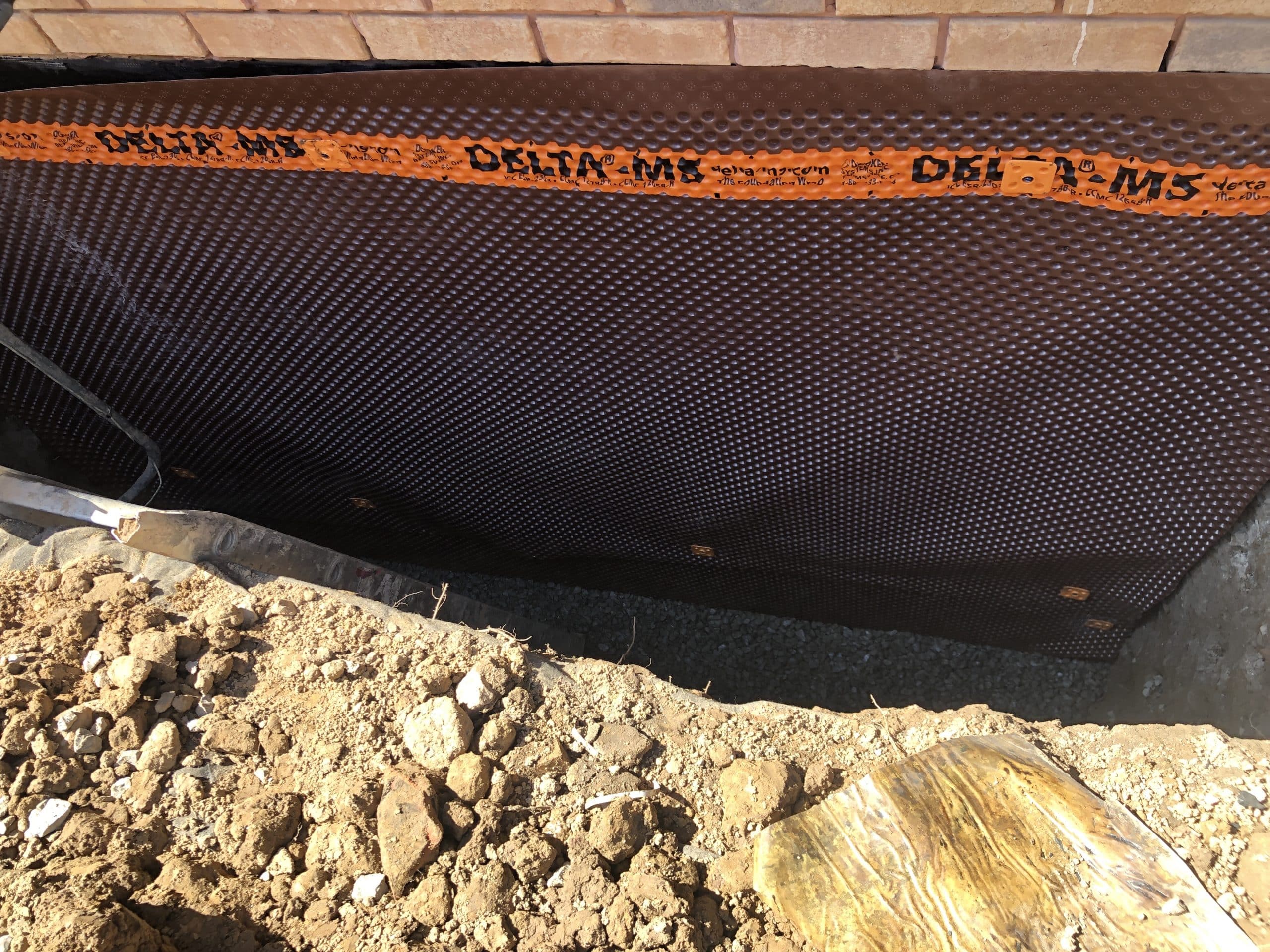Musty basements can be a source of worry, especially when you need yours for important storage purposes. That is why it is important for you to learn how to deal with basement walls that leak water whenever it rains. The best solution to drying a wall is through sealing. Before you try another method to contain the moisture problem, it is required for you to identify the root cause of the high level of moisture in the basement.
There are two possibilities in this regard. On the one hand, the water may come from the outside. On the other hand, it may merely be some high humidity level in the basement that condenses vast moisture on your interior basement walls. Here are four methods that may help you deal with this stressful problem.
Waterproofing coatings on concrete
Cement-like and thick coatings not only adhere well and permanently on your basement walls (either masonry or concrete) but also give your wall a captivating and amazing look. All you need to do is get the coating from your local hardware and a heavy brush. Brush bristles particularly matter in this case and therefore, ensure that you find quality bristles. Once you have these two, apply the coating on the interior basement walls. Note that walls previously painted will give you a little headache. Checking the labels of the concrete coating will give you some inkling on handling this problem.
Concrete sealers
These work on walls with no sealing or paintings. As they soak in, chemical reactions with the components of the wall, concrete or brick results in the formation of a hard surface that is both durable and waterproof. Silicate-based concrete sealer is ideal for this purpose as it barely peels once applied. To apply concrete sealers, you may use spray, brushes or rollers.
Paint
There are particular paints with formulas that can suit the purpose of damp-proofing. These keep your walls safe from moisture. You have to apply it thickly on walls by using a brush or roller. Alternatively, you can spray it to on the wall. To know the amount of paint you need, get the right square footage of your walls. However, note that paint is not able to waterproof your walls fully and that is why I mentioned “damp-proofing” earlier. It can, however, help to stop moisture from forming.
Working with plastic sheets
The suitability for plastic sheets and panels perfectly matches drainage systems for the interior basement. Although they may allow water through walls, you can certainly rest assured that none of your property in the basement will get damages from water. When the water gets through the walls, it basically runs down the plastic back and finds its way to the drainage system in the floor. At this point, sump pumps become particularly indispensable as they eliminate water from your basement, leaving it dry.
For most of us, basements play the vital role of enabling storage. They need protection from water intrusion and any other thing that may cause damage to the properties you have in the basement. Understanding these different ways of keeping the interior basement walls free from water will go a long way to offer you peace of mind when you think about your belongings in the basement.[/vc_column_text][/vc_column][/vc_row]
Get a Free Quote
Call: 416-333-LEAK (5325)
Email: Info@canadawaterproofers.com
or fill out the form below.











